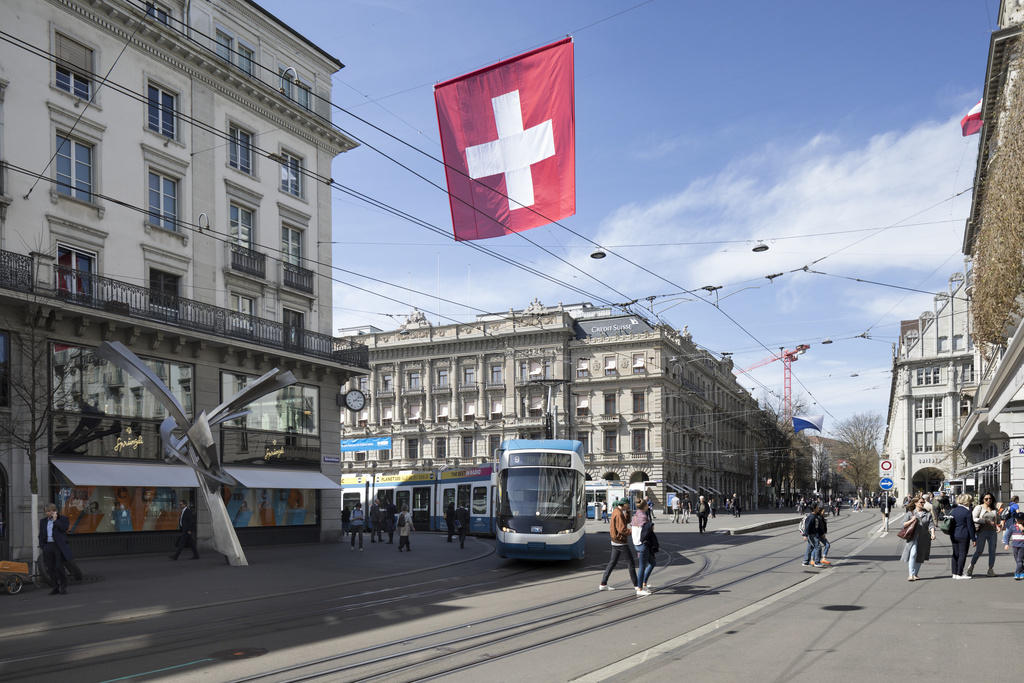
City residents more likely to have degrees

In Switzerland’s larger cities, two out of five people have a higher education degree, and in economic powerhouse Zurich, it’s almost half. This is much higher than the Swiss average.
The statistics, revealed by the Swiss Towns 2019 reportExternal link published on Tuesday, by the Federal Statistical Office and the Swiss Association of CitiesExternal link, looked at the level of education in 172 cities, towns and urban communities across the country.
There is a rising trend towards more graduates living in the larger Swiss cities in particular.
Coming next among the larger Swiss cities were: Lausanne, Basel, Lucerne, Winterthur, and Lugano (each with between c.33% and 38%), followed by St Gallen (30.4%) and Biel (25.1%).
The presence of more graduates in larger cities could be partly explained by the fact that these are home to universities and research centres, as well as institutions needing highly qualified personnel like hospitals and international organisations, experts said.
+ Geneva expanding as an international centre
Academic versus vocational
Switzerland regularly ranks high for its universities, technology institutes and other learning centres.
But it also has strong vocational training, meaning that most school leavers (two-thirds) take the apprenticeship route.
This means that fewer Swiss residents have tertiary education than in some other countriesExternal link, according to the Organisation for Economic Co-operation and Development, although it is above the OECD average. There has also been more demand for school leavers to follow the academic path over recent years.
+ Half of population expected to have higher education degrees by 2037
Education and couples
Urban couples were also more likely to have the same level of education (56.7%), the report found.
In just over a quarter of cases, the man had a higher qualification, but in only 11.2% of couples did the woman have a higher level of education than the man.

In compliance with the JTI standards
More: SWI swissinfo.ch certified by the Journalism Trust Initiative

























You can find an overview of ongoing debates with our journalists here . Please join us!
If you want to start a conversation about a topic raised in this article or want to report factual errors, email us at english@swissinfo.ch.